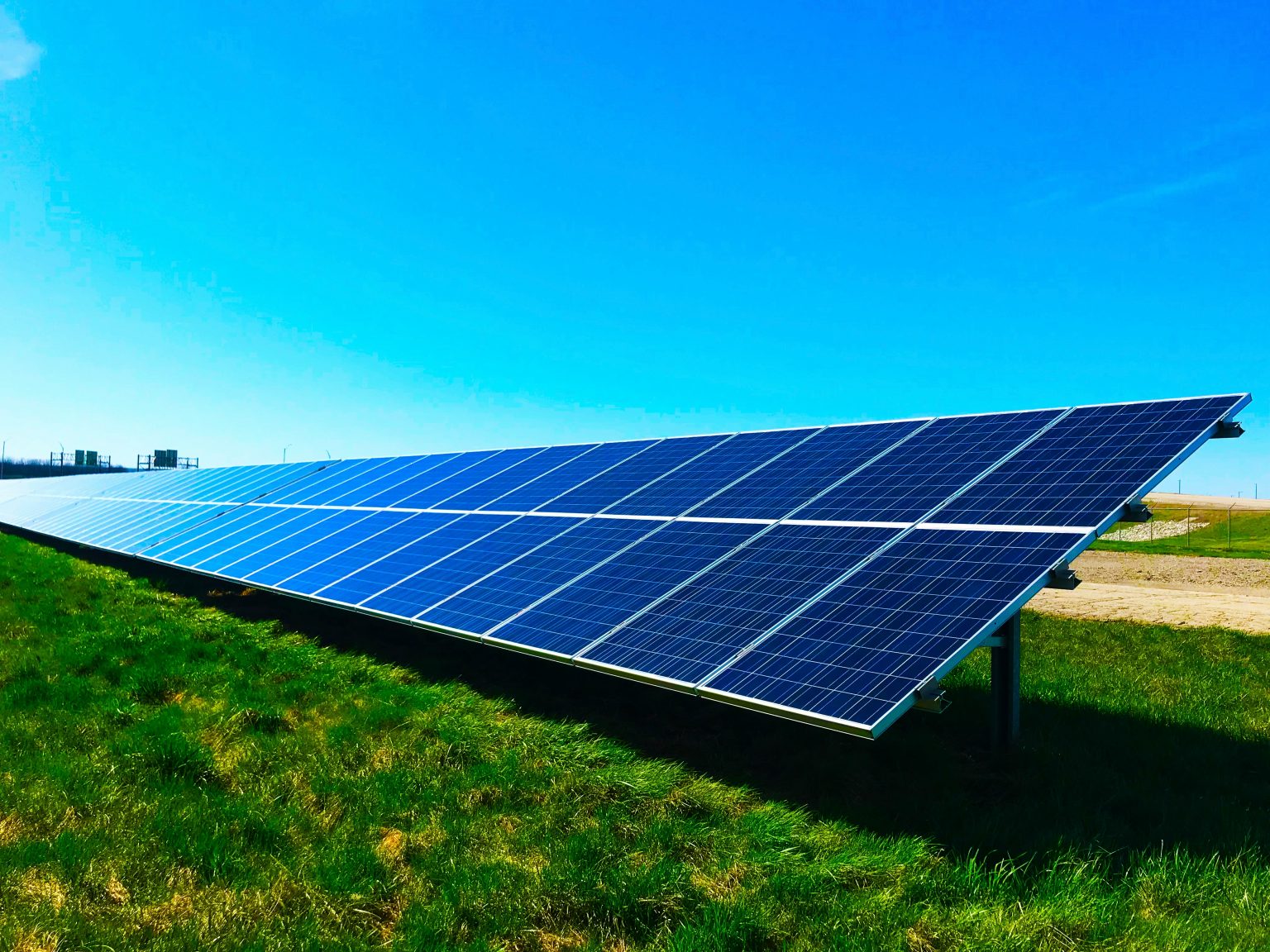Energy efficiency at work might be something that most employees don’t consider; however, it’s becoming an increasingly important topic of discussion for business higher-ups. Sustainability is on the tip of everyone’s tongue in 2024, with the conversation only expected to increase over the next few years. Similarly, gas and electric prices continue to rise steadily, making an energy-efficient office appear to be an increasingly wise investment as time passes.
This piece will outline the business case for energy efficiency, touching on cultural shifts, environmental factors and economic elements. It will be clear whether business energy efficiency will become more widely adopted in 2025 and beyond.
The environmental case
The overriding scientific opinion is that the Climate Crisis is very real and poses legitimate threat to people all over the world. With 2024 being the warmest year on record, it’s clear that action must come from a variety of angles for the sake of the earth’s future. With this in mind, energy efficiency for businesses seems like a no-brainer. Energy efficiency ensures that less fuel is expended frivolously, supporting a more sustainable future.
A shift in culture
Consumers are becoming increasingly concerned with sustainability – practicing energy efficiency at work is a good way to enhance a brand’s reputation. Being energy efficient for the sake of the environment is an attractive quality to many customers, often inspiring loyalty and custom. This can be especially true when the practice is highlighted in marketing and brand messaging. Showing cultural awareness and responsiveness is an important part of operating a company in the 21st century.
It’s economical
Beyond any sort of moralising on the topic, energy efficiency at work simply makes financial sense. Energy efficiency is generally focused on lowering energy consumption or at the very least getting more out of the energy that’s consumed – meaning that energy bills will decrease/signify better spending. Running a business is about making a profit and lowering overhead in any area can make this easier.
Methods for achieving energy efficiency at work
It’s clear that there’s a strong case for energy efficiency in the workplace – so how can it be achieved?
- Energy-efficient lighting. This solution ranges from installing LED bulbs to simply turning off the lights in areas where they don’t need to be on.
- Mindful heating. Use the thermostat to adjust the heating depending on the number of people in the office. Similarly, consider simply lowering the temperature by a degree.
- Insulation. The quality of buildings plays a huge part in energy consumption. With this in mind, properly insulating your office space’s windows and doors from draughts is important to support energy efficiency.
- Regular maintenance. Regularly maintaining heating units by changing air filters and other similar tasks can ensure said appliances are working as efficiently as possible.
- Choose a renewable energy supplier. Making the shift to renewable energy is a surefire way to increase efficiency, reducing dependence on fossil fuels while also offering attractive cost savings after an initial investment.
It’s also worth noting that the government has laid out guidelines for energy efficiency, along with offering some grants for businesses looking to take steps in the right direction. With these case points being accepted more and more widely, energy efficiency at work is sure to become more and more common in 2025, so don’t slack off and get left behind in this field.



